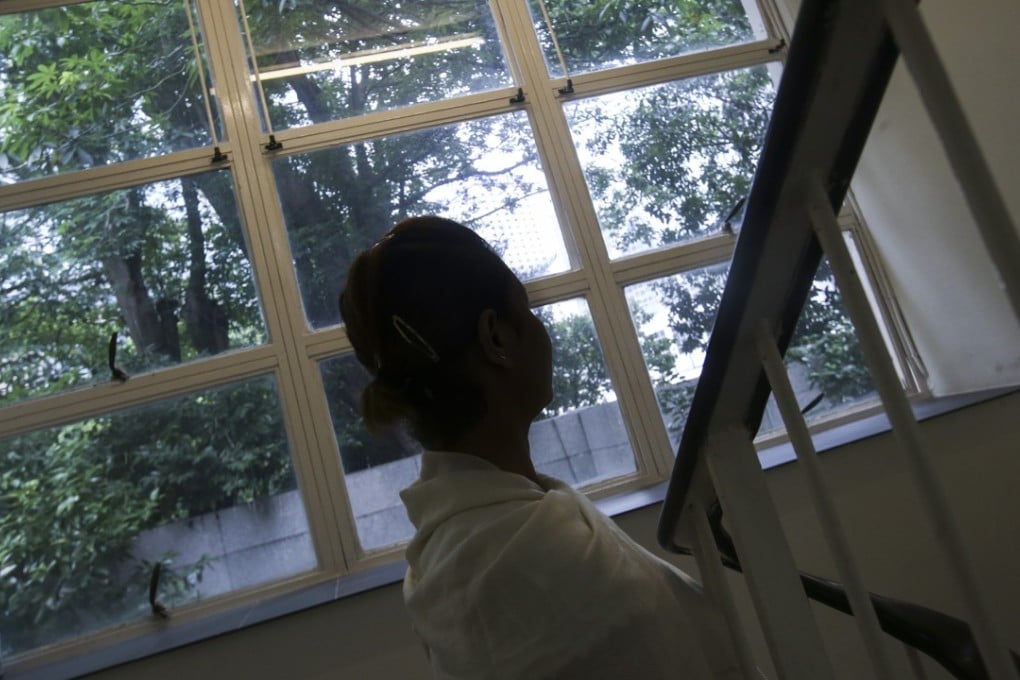How Hong Kong failed Madagascar’s domestic helpers
From the dozens who came seeking to provide a better life for their family, a number of domestic workers found themselves in court fighting for their rightful salaries

Giselle was half a world away from Hong Kong when she saw a newspaper advertisement that would change her life. Soon after – filled with dreams and aspirations – she boarded a plane in her home of Madagascar bound for the city, where she had secured a job as a domestic helper.
Giselle (not her real name) was expecting to make HK$4,100 a month, the minimum salary for Hong Kong helpers at the time. She hoped the money would be enough to provide a brighter future for her children.
“Hong Kong seemed good, because [it]offered a high salary and it seemed a civilised place, less dangerous than other countries,” she recalled.
But her dreams were soon shattered. After her first month of work, she was left with just a few hundred dollars in her pocket. After six months, despite working from 7am to 10pm – sometimes to midnight – she was earning a meagre HK$900 a month.
Giselle said for months she was underpaid and denied time off – she was only given two days off a month, although eventually she was granted four days. She was sometimes forced to work in unbearable conditions, had to sleep in a shared room and was often verbally abused by her employer.
It soon became too much and she quit.
“I could not stand my work any more … And the income was too low considering what I was doing … I never received the full salary,” she said, adding that by the time she left she had paid back about HK$16,000 in fees.